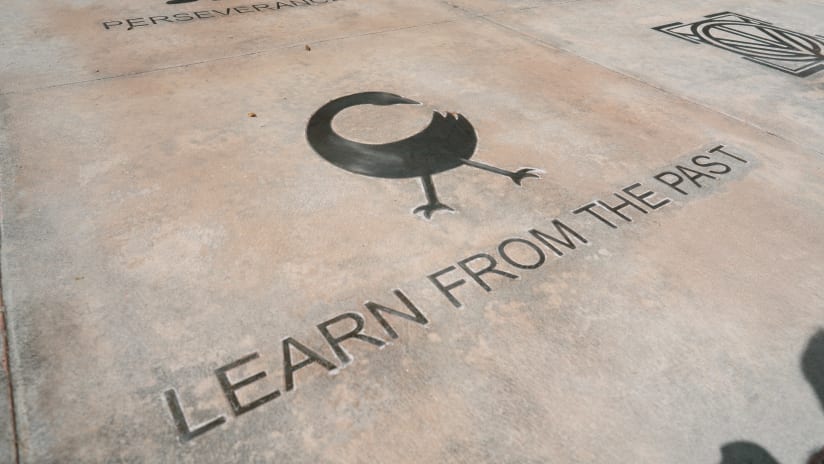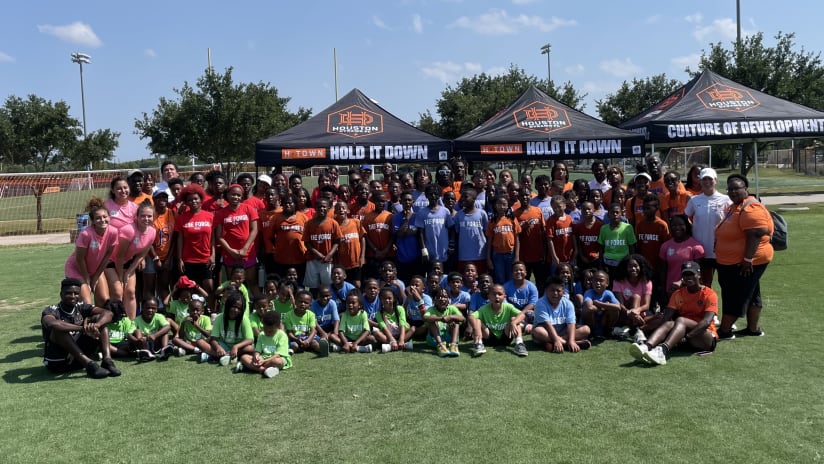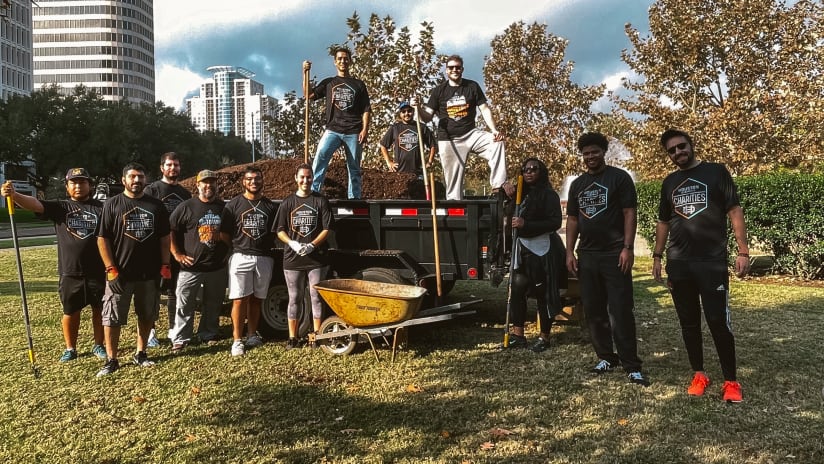One hundred and fifty-seven years ago today, Maj. Gen. Gordon Granger read ‘General Order No. 3’ in Galveston, Texas – informing all people of the state of Texas that, in accordance with the Emancipation Proclamation, all slaves were declared to be free.
A historical moment that occurred in Texas and celebration that has spread into a national and global occasion, Juneteenth has grown into a recognizable celebration of freedom and acknowledgement of the work still to be done in ensuring freedom and justice for all.
While the origins of the holiday in Galveston are well-written, Houston itself has deep-rooted connections to Black History. From the very avenue that runs alongside PNC Stadium to markers and monuments across H-Town, one does not need to drive to the coast to immerse themselves in an essential element of the history of our city.
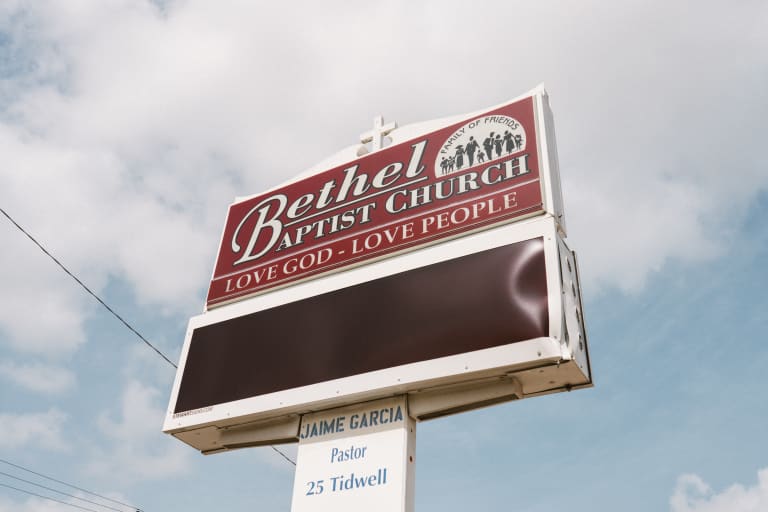
Bethel Baptist Church: In October 1891, a congregation of former slaves, led by the Reverend Jack Yates, built a simple structure on Andrews at Crosby that was to be a place of worship and haven for former slaves. A site that has withstood storms and fires alike, the structure has been preserved and was opened as a City of Houston Park in December of 2013 – and the congregation still practices at a new location to this day.
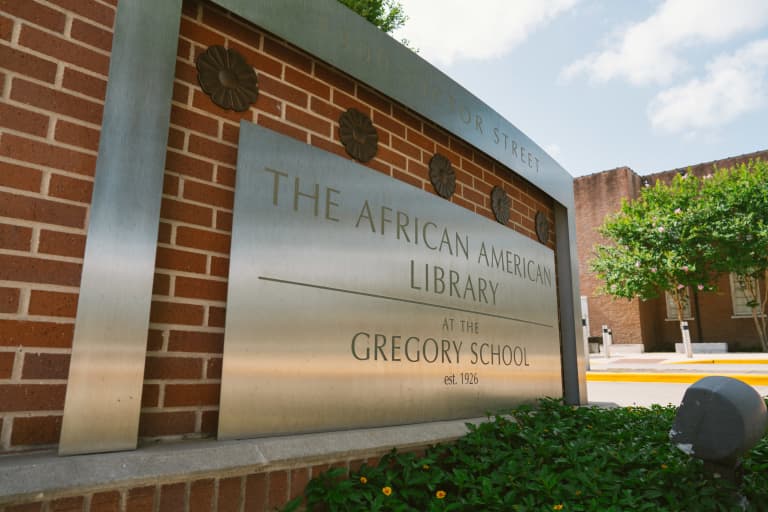
The Gregory School: During Reconstruction Era Houston, the transformational investment in Freedman’s Town in the Fourth Ward gave birth to the religious, cultural, and educational institutions that would be the foundation of the city’s African American culture. From this, the Gregory Institute was born. Brandishing abolitionist and Freedmen’s Bureau assistant commissioner Edgar M. Gregory as its namesake, the Gregory Institute was an educational bedrock for Freedman’s Town throughout Reconstruction.
Today, true to its founding roots, the site now houses the African American Library at the Gregory School – an institution that aims to promote and preserve African American history and culture in Houston.
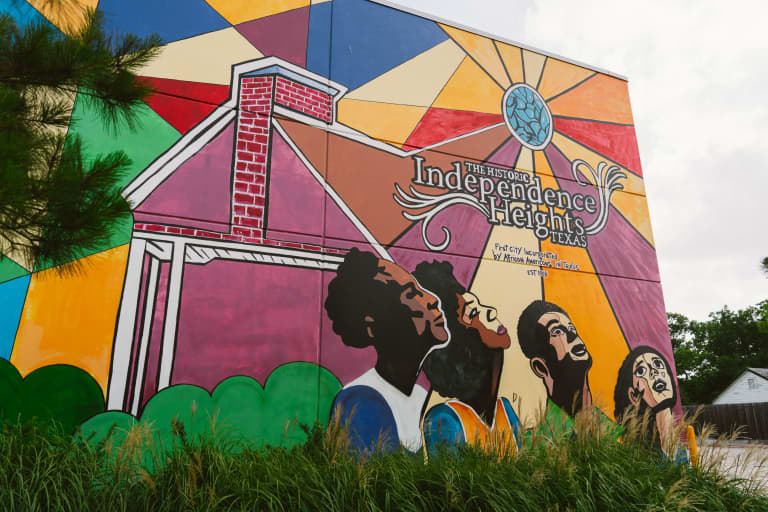
Independence Heights: Recognized as the “First Black Town in Texas”, Independence Heights was established in 1905 when the Wright Land Company developed and sold lots in the area to African Americans. In its early days, located outside of the 610 loops, pioneers in the area sought equal rights and opportunities for themselves by establishing this independent and historic municipality.
Today, this heritage has been commemorated by Tanya Debose of the Independence Heights Redevelopment Council with the “BLACK TOWNS MATTER” street mural, painted by sixty young designers, artists, and activists.
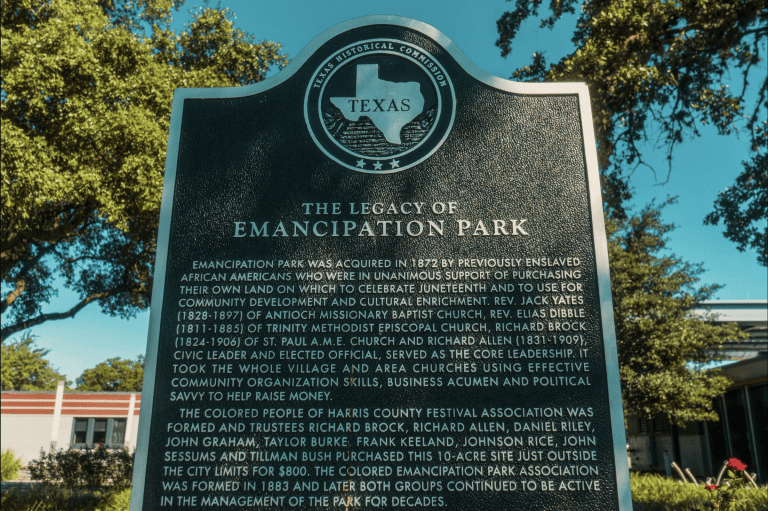
Emancipation Park: Last and most importantly is Emancipation Park itself. Imbued with the task of commemorating Juneteenth itself, Bethel Baptist Church community members of the Third and Fourth Ward – all former slaves - united to purchase 10 acres of park land to hold celebrations for the holiday. A site of carnivals and celebrations for decades, the site was donated a plaque dedicated to Revered Jack Yates in 1976 – a crucial aid of the initial purchase and historic founder of the Bethel Baptist Church.
In 2016, the street bordering Emancipation Park, which was originally named after a Confederate soldier, was renamed to Emancipation Avenue – a street whose five-minute drive connects PNC Stadium to this important landmark of Black liberation in Houston.

